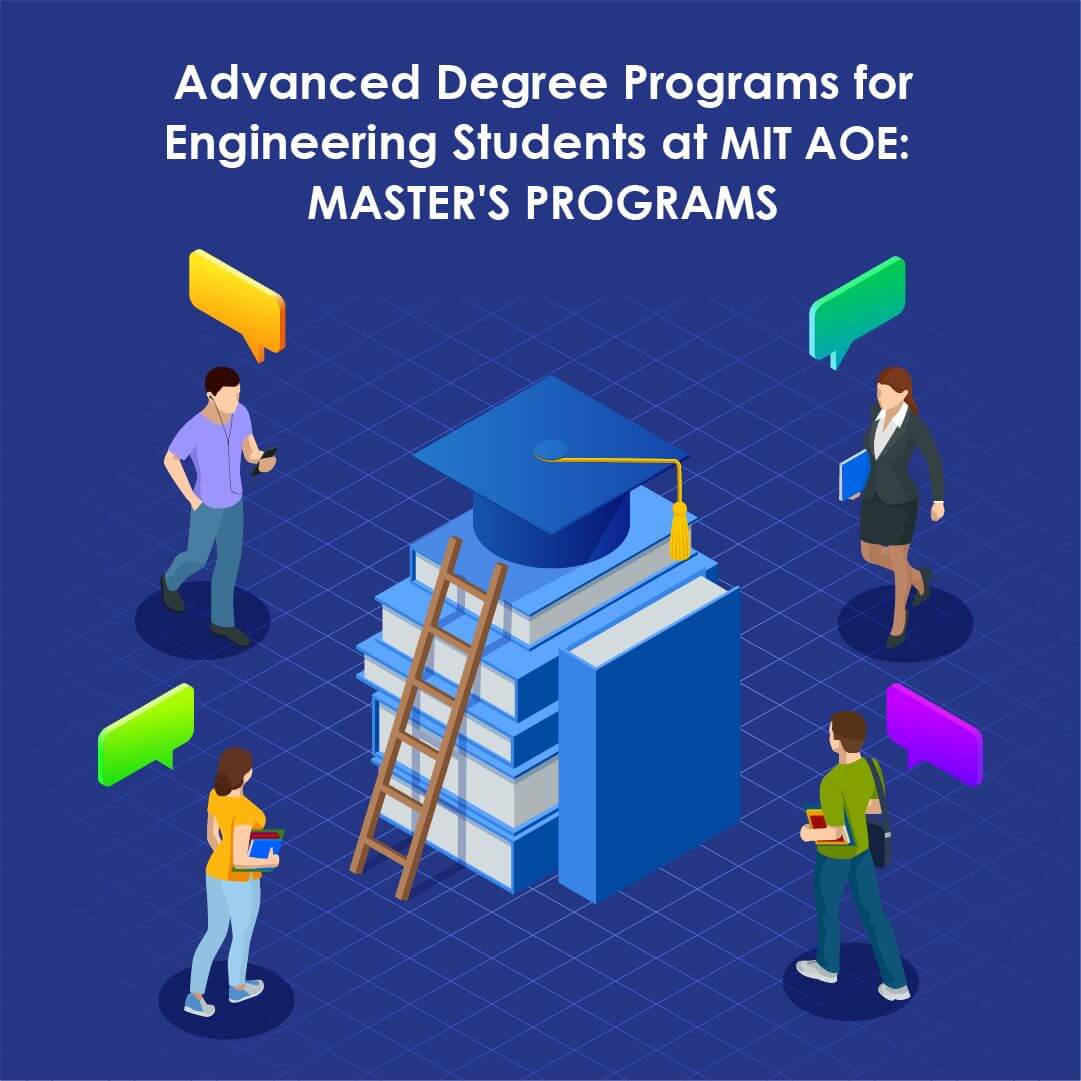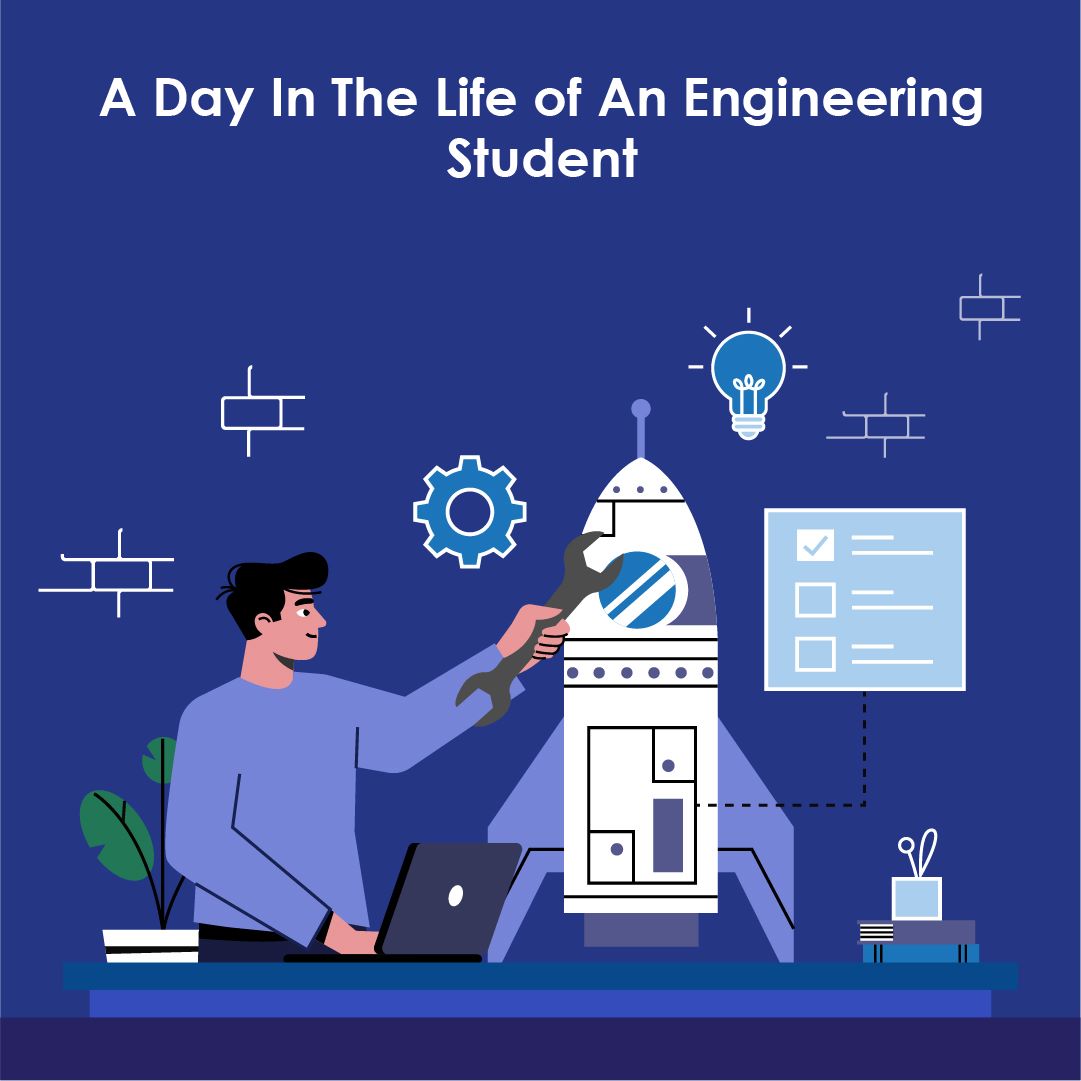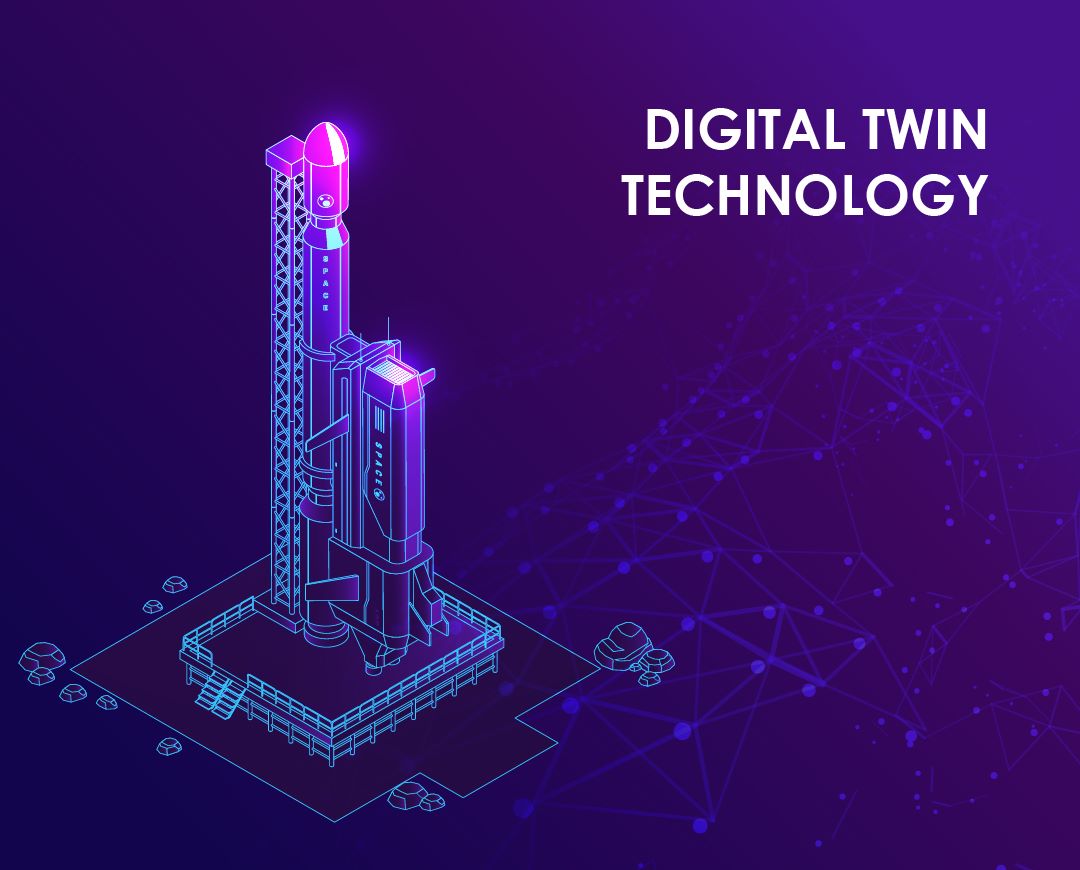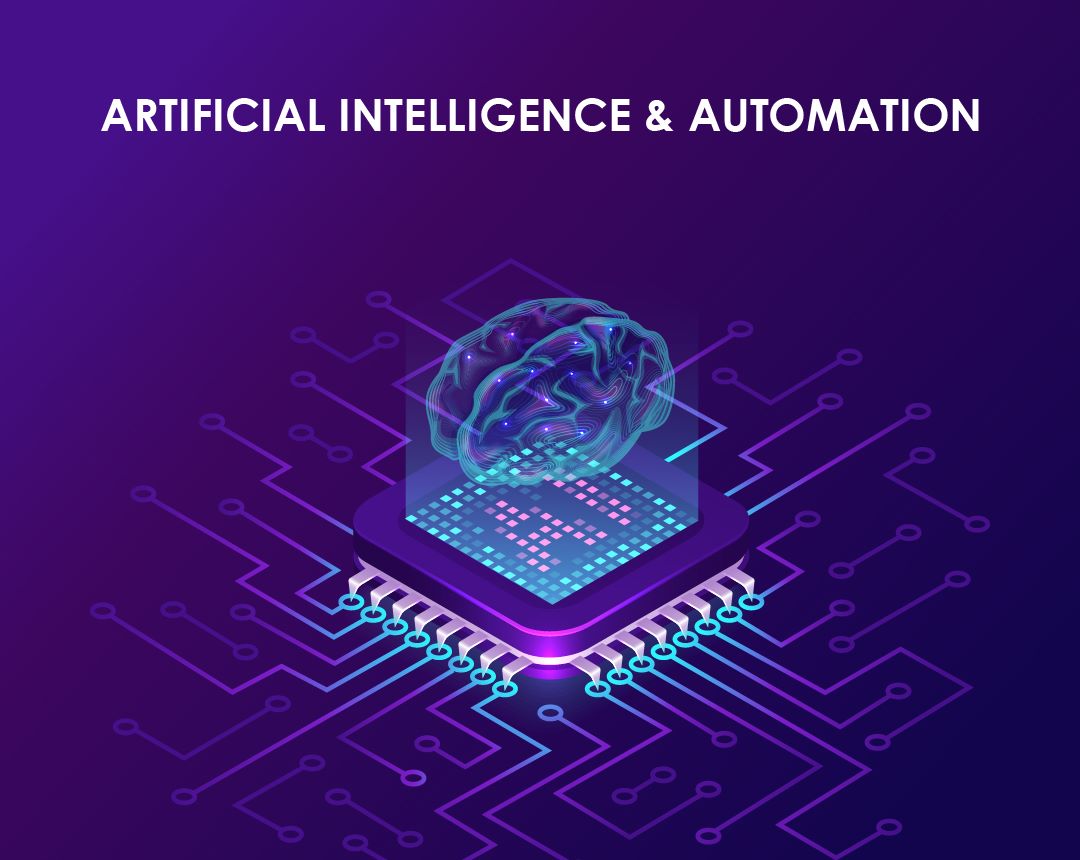The Future of Civil Engineering: Trends and Innovations

Civil engineering has been at the forefront of defining our contemporary world, from building awe-inspiring skyscrapers to planning sustainable infrastructure. This dynamic industry is poised for considerable breakthroughs in the future, driven by rapid technical developments and a growing emphasis on sustainability.
This blog will take a peek at the fascinating developments and technologies that will potentially revolutionize civil engineering in the coming years.
1. Sustainable Infrastructure
One of the most critical aspects to consider for the future of civil engineering is sustainability. Engineers are gradually adopting eco-friendly practices as there is a global emphasis on averting climate change and reducing environmental damage.
Energy-efficient structures, green construction materials, and smart city planning are all examples of sustainable infrastructure solutions.
Innovative architectural techniques, such as 3D printing and modular construction, will minimize waste as well as enhance construction efficiency. Furthermore, integrating renewable energy sources into infrastructure design will make buildings economically viable and reduce their carbon footprint.
2. Resilient and Smart Cities
Civil engineers face new challenges as cities grow in size. Smart cities, which use data and technology to improve efficiency and quality of life, are the way to go. Advanced sensors and networked systems can assist in real-time monitoring of infrastructure health, traffic patterns, and environmental variables.
Cities must adapt to the increased frequency of extreme weather events, therefore resilience is a significant concern. Civil engineers will be charged with constructing flood-resistant structures, smart transit networks, and urban environments that can endure climate change difficulties.
3. Digital Twin Technology
Digital twin technology is set to revolutionize civil engineering processes. By creating virtual replicas of physical infrastructure, engineers can simulate different scenarios, analyze performance, and predict potential issues. This allows for better decision-making, reduced risk, and optimized maintenance strategies.
Engineers may use digital twins to monitor the health of structures in real time, ensuring early detection of faults and expediting repair processes. Data gathering and analysis become more efficient with the aid of Internet of Things (IoT) devices and sensors, delivering vital insights on infrastructure performance.
4. Artificial Intelligence and Automation
Artificial intelligence (AI) has the potential to completely alter civil engineering. AI algorithms can improve project planning, scheduling, and resource allocation, which leads to better project outcomes and lower costs. Machine learning can analyse massive volumes of data to detect trends, resulting in more accurate forecasting and risk assessments.
Automation will also play a big role in civil engineering's future. Drones can be used to scan and inspect structures, lowering the time and effort necessary for these operations dramatically. On construction sites, autonomous construction equipment can boost productivity while also improving worker safety.
5. Advanced Materials
Material science advancements will pave the way for stronger, lighter, and more enduring construction materials. Engineers will be able to design structures that can withstand harsh conditions and last for long periods of time using high-performance concrete, self-healing materials, and innovative composites.
Nano-engineered materials will play a vital part in civil engineering because of their improved characteristics and multi-functionality. These materials have the potential to be used to create pollution-absorbing pavements, self-cleaning surfaces, and even self-sustaining structures.
Ultimately, the future of civil engineering is indisputably bright, fuelled by sustainability, creativity, and technology improvements. Civil engineers will be at the forefront of constructing resilient, smart, and sustainable infrastructure to satisfy the demands of our evolving society as the world continues to evolve.
Civil engineers will be better positioned to address issues and create a more connected and efficient society if they embrace digital technologies, artificial intelligence, and sustainable practices. Looking ahead, it is apparent that collaboration between engineering, technology, and sustainability will shape the future of civil engineering, leaving an indelible mark on future generations.
FAQ’S
We are thrilled to announce that the MIT Academy of Engineering's School of Electrical Engineering will host an international webinar at an independent engineering school called MIT Academy of Engineering located on Pune-Alandi Road.
Graduates of the MIT Academy of Engineering's Master's programmes have numerous career options, including positions in industry, research, government, and academia. Many graduates pursue advanced degrees or start their own businesses, while others work in industries such as aerospace, biotechnology, energy, materials science, robotics, and others.
Yes, Master's students at the MIT Academy of Engineering can participate in a variety of research projects at MIT's many research labs and centers. As part of their degree requirements, many Master's students do independent research projects in collaboration with faculty members and other researchers.
OUR RECENT BLOG






